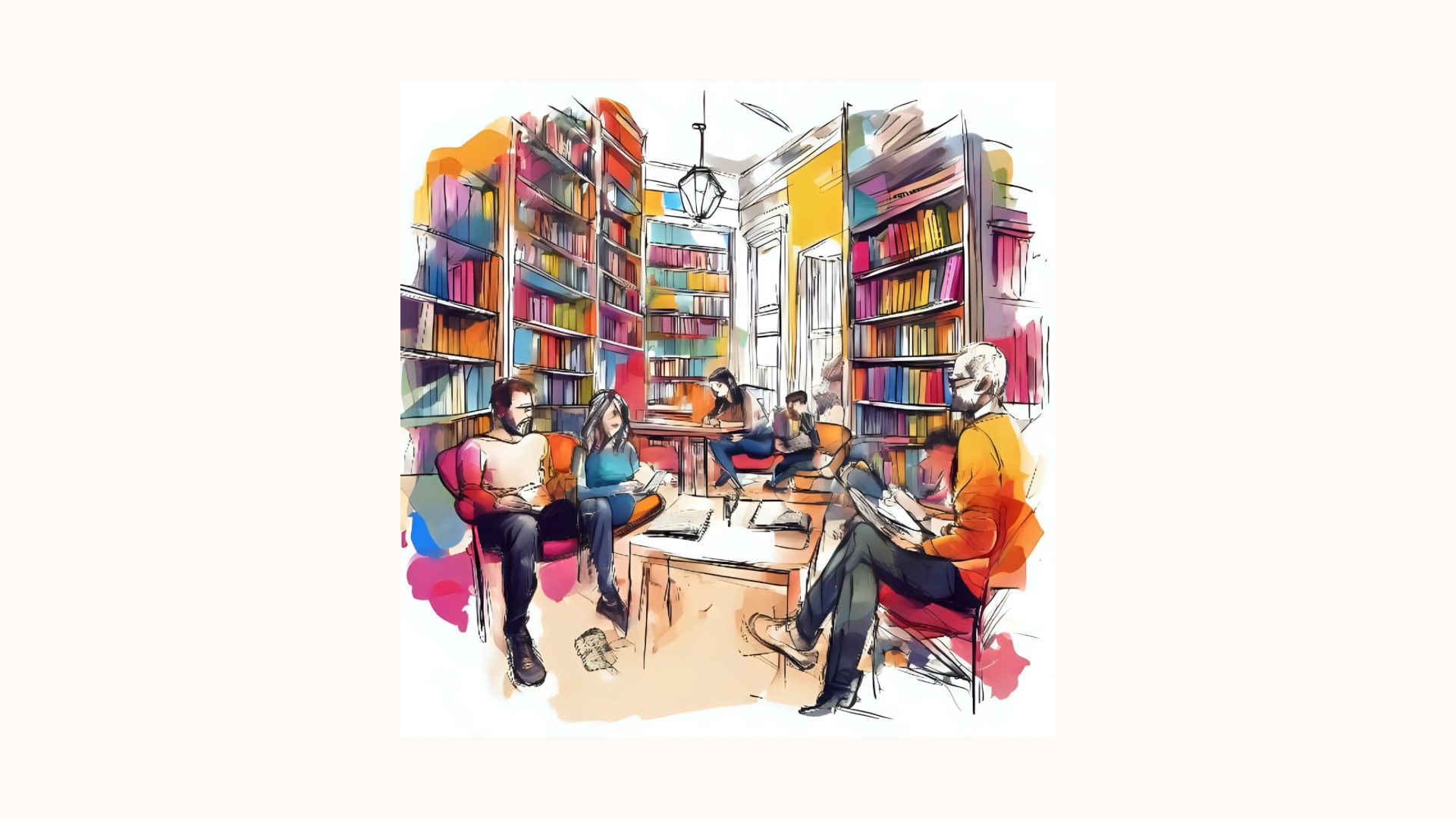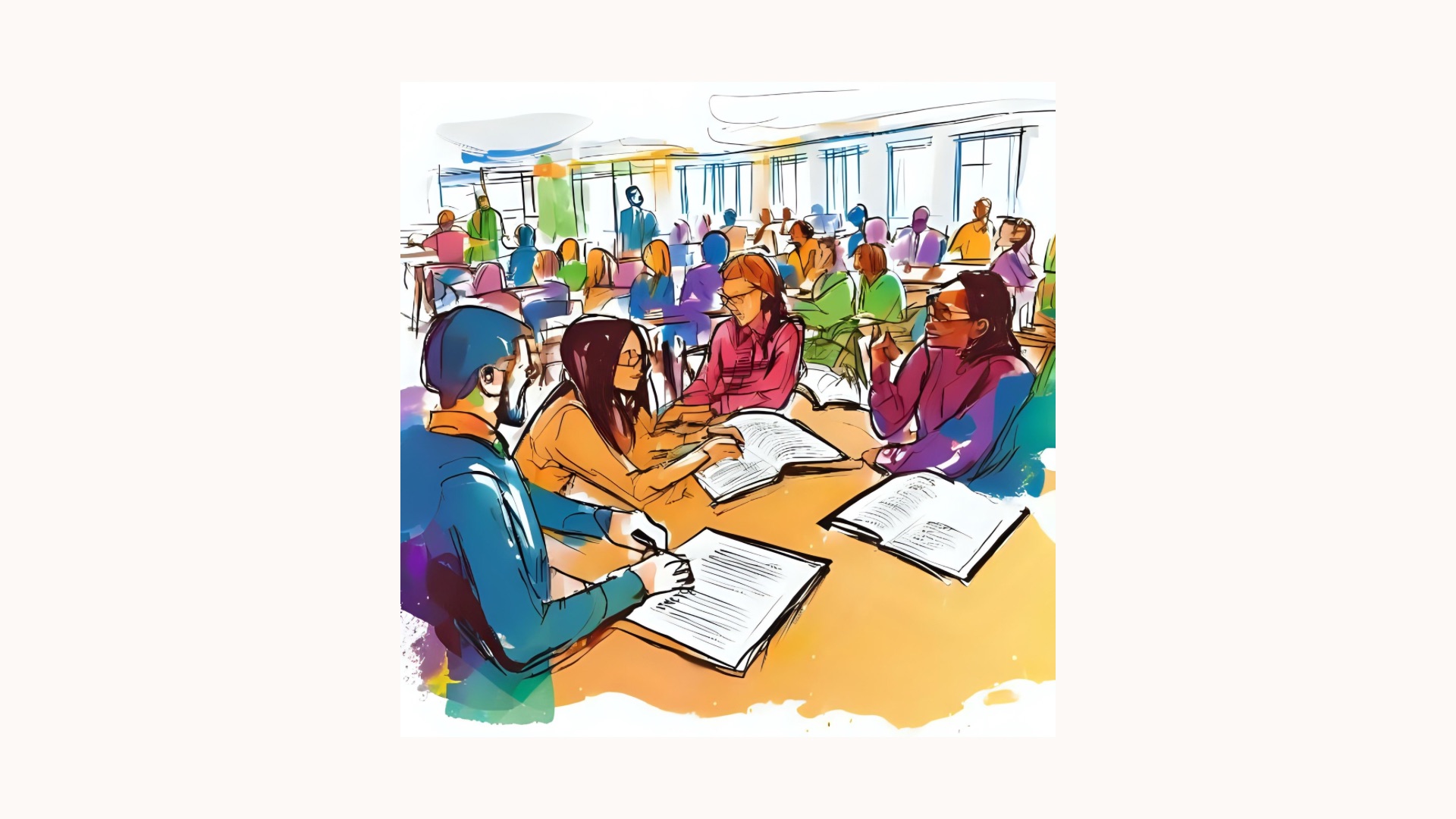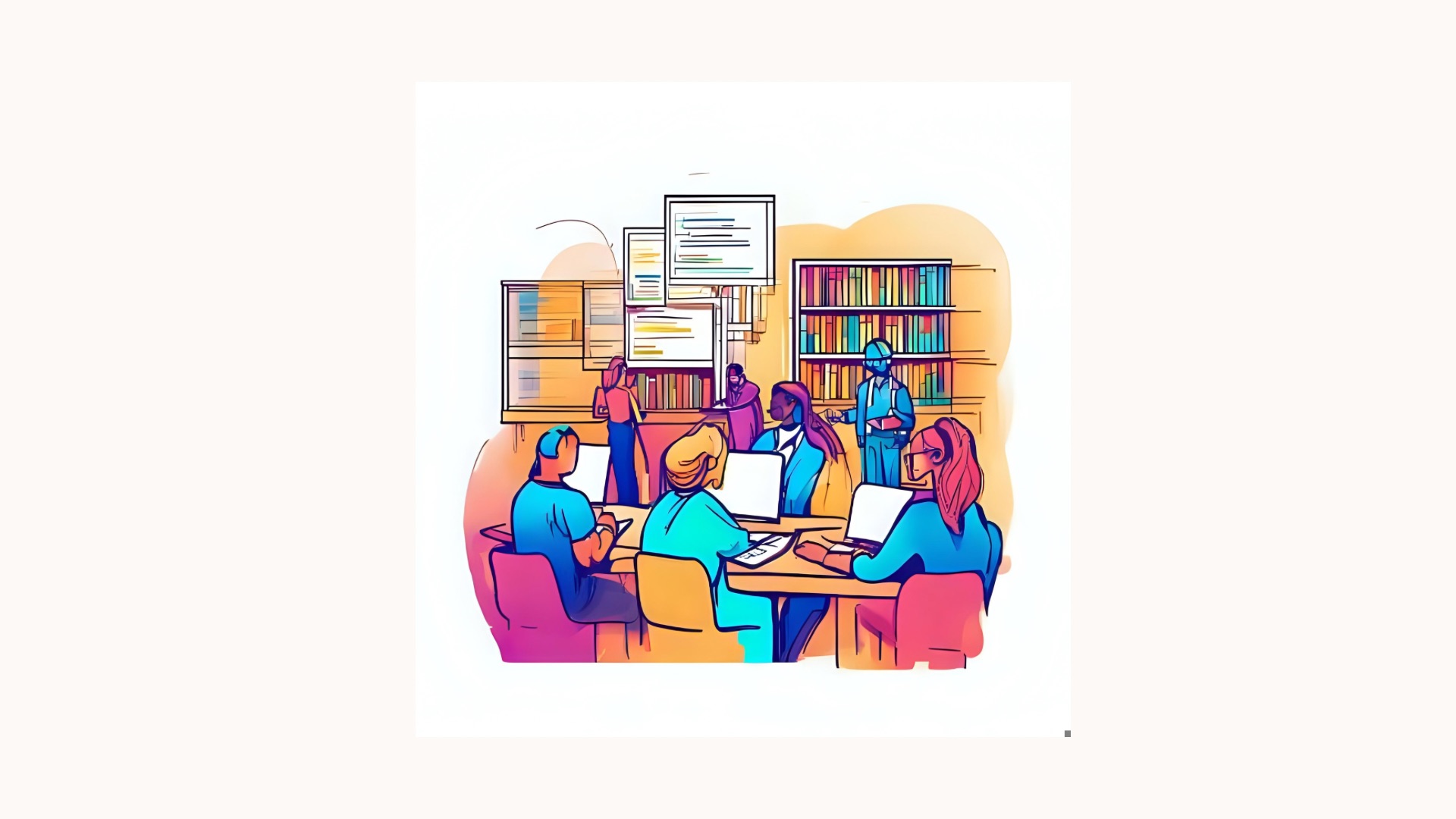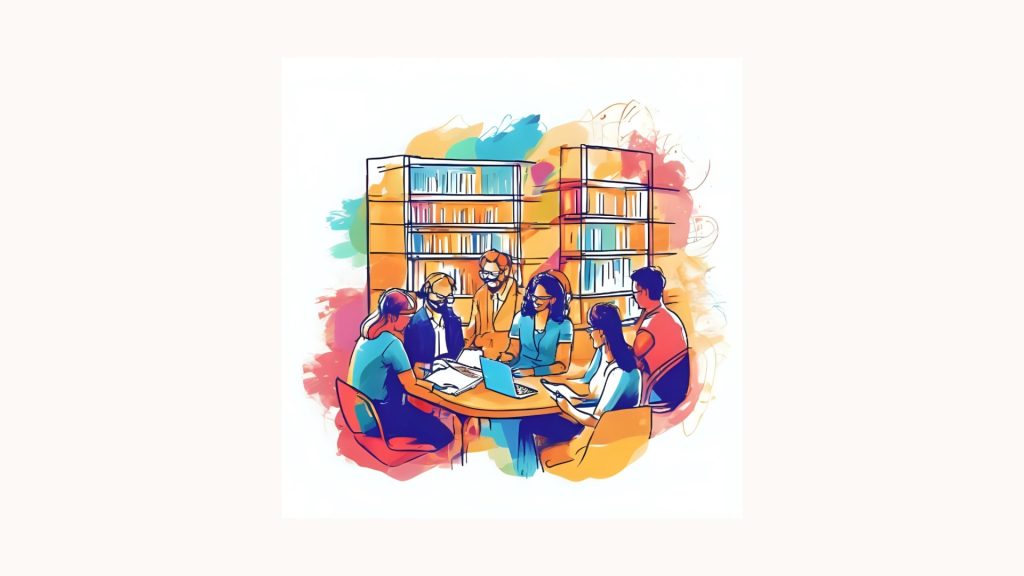The Importance of Ongoing Learning in Libraries
In librarianship, learning is an ongoing process. As libraries continue to evolve to meet the changing needs of their communities, library staff must adapt alongside them. Professional learning experiences (PLEs) help us stay curious, confident, and connected — supporting both daily practice and long-term development (Stephens, 2019).
Stephens (2019) describes impactful PLEs as personal, practical, and easy to access. They allow us to approach new challenges with interest rather than uncertainty. However, access to these opportunities is not evenly distributed across roles in the library world, and that imbalance has real consequences.

When Learning Opportunities Are Uneven
As a school library technician, I’ve seen how unequal access to PLEs limits growth — not only for myself, but for technicians across our district. Teacher librarians often participate in conferences and district-led learning days, while library technicians are usually left to adapt on their own.
This gap matters. Without structured opportunities to update our skills, we risk falling out of step with the needs of students and educators. We also miss out on collaboration, shared reflection, and alignment with district goals. Ultimately, the library’s ability to innovate and fully support student success is affected.
Why It’s Time for Change
Professional learning shouldn’t be reserved for certain positions. Research from Stephens (2016a) emphasizes that access to ongoing learning strengthens staff confidence and fosters a culture of collaboration. Findings from Hulbert’s (2023) findings from the US Library Survey 2022 reinforce this, showing that professional development remains essential as libraries navigate new technologies, shifting user expectations, and post-pandemic changes. When staff have access to relevant, current learning, they are better prepared to adapt and support their communities.
Stephens (2016b) also argues that learning is central to effective librarianship and that engaging regularly with new ideas helps library staff respond more creatively to community needs. When everyone has access to PLEs the entire school library system becomes stronger, more consistent, and more responsive.

Learning by Doing
Stephens (2014, 2019a, 2021) reminds us that some of the most meaningful learning in libraries happens through experience — trying things out, reflecting on what works, and building on what we’ve learned over time. This constructivist approach is all about learning by doing, and it fits naturally with how many library staff develop their skills.
A systematic review by Shahzad and Khan (2023) found that librarians are far more motivated to participate in professional development when it feels personally relevant and when their workplace actively supports it. When learning connects directly to our interests and real challenges, we’re more likely to dive in, experiment, and keep growing.
This is exactly what PLEs enable. They give library staff the chance to explore topics that matter to them and connect new insights to their everyday work. For example, attending a webinar on open access might spark deeper interest in copyright or licensing, which can shift how we support teachers and students. Each learning experience adds another layer to our understanding.
But when paraprofessionals don’t have access to these opportunities, we lose the chance to experiment, adapt, and grow. Without ongoing learning, it becomes harder for libraries to stay responsive and relevant in a constantly changing educational landscape. Ensuring that every staff member has access to hands-on, meaningful learning isn’t just helpful — it’s essential.

Toward a Culture of Continuous Growth
For school libraries to truly thrive, every staff member needs access to ongoing, meaningful learning. Stephens (2019b) underscores that successful librarianship is built on curiosity, compassion, and continuous development.
Professional learning isn’t optional — it’s the foundation of a vibrant, innovative, and equitable library system. When districts invest in accessible PLEs for all staff, they strengthen individual practice and contribute to a healthier, more collaborative learning culture throughout the school community.
____________________
References
Hulbert, I.G. (2023, March 30). US library survey 2022: Navigating the new normal. ITHAKA S+R. https://sr.ithaka.org/blog/findings-from-the-most-recent-us-library-survey/
Shahzad, K., & Khan, S. A. (2023). The relationship between motivational factors and librarians’ professional development (PD): A systematic review. Journal of Librarianship and Information Science, 55(2), 383–402. https://doi.org/10.1177/09610006221083685
Stephens, M. (2013, November 26). #Ylibrary: Making the Case for the Library as Space for Infinite Learning. State Library Queensland. https://www.slq.qld.gov.au/blog/ylibrary-making-case-library-space-infinite-learning-michael-stephens
Stephens, M. (2016a). Lessons from Learning 2.0 and Learning to Learn. In The Heart of Librarianship (pp. 134-136). ALA Editions.
Stephens, M. (2016b). Learning to Learn. In The Heart of Librarianship (pp. 140-142). ALA Editions.
Stephens, M. (2019a). PLEs & ALA. In Wholehearted Librarianship (pp. 55-57).
Stephens, M. (2019b). Formula for success. Wholehearted Librarianship (pp. 30-32).
Stephens, M. (2021). The Strategic, Curious & Skeptical Learner. INFO 287 – The Hyperlinked Library. https://287.hyperlib.sjsu.edu/wp-content/uploads/2021/04/The-Strategic-Curious-Skeptical-Learner-Australian-Public-Librarians-and-Professional-Learning-Experiences.pdf
*images created by author in Canva
